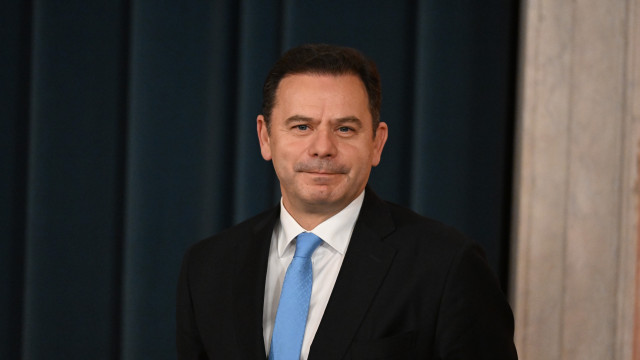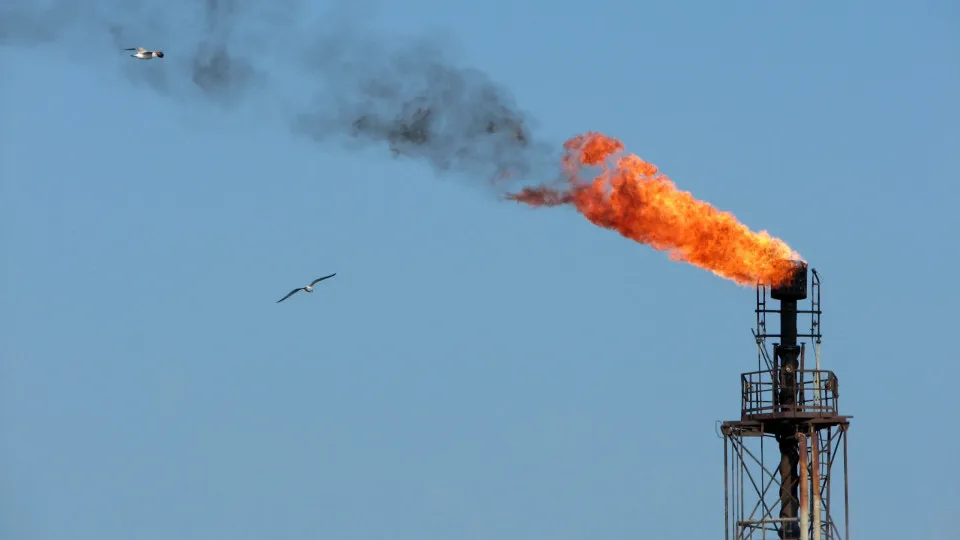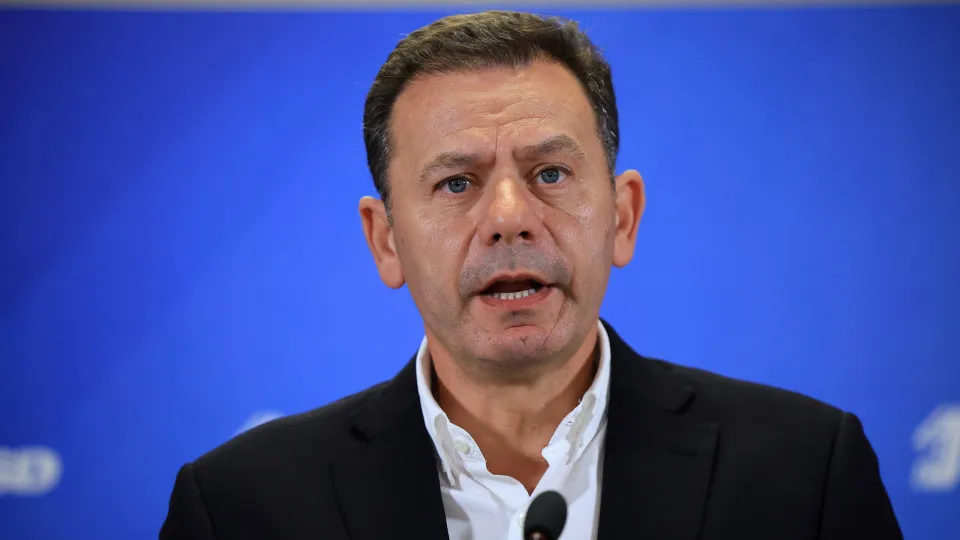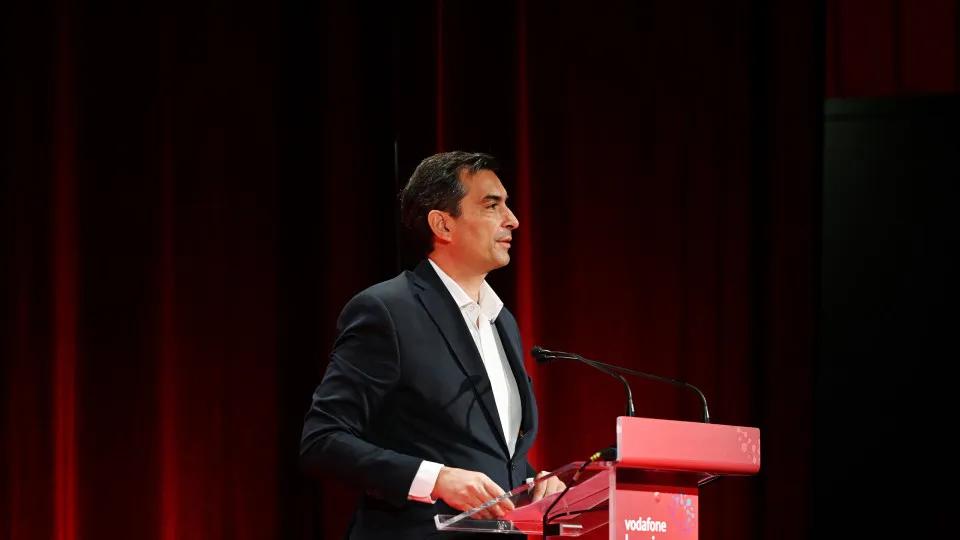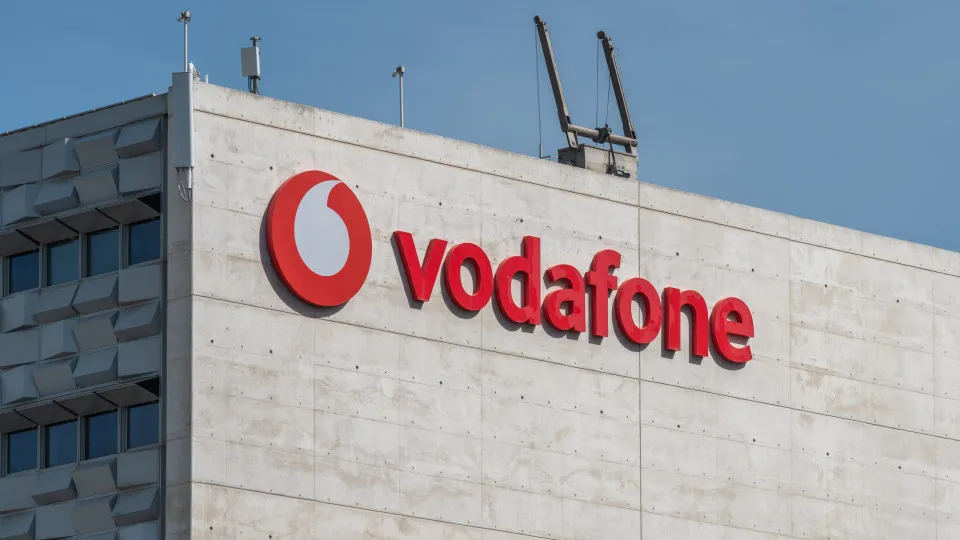
“I can’t say that the new entrant’s impact on Vodafone is a dramatic customer exodus,” said Luís Lopes during a meeting with journalists at the company’s headquarters in Parque das Nações, Lisbon, on the occasion of the company’s 33rd anniversary.
“We don’t want to compete on price, we want to compete by offering what is called ‘value for money,'” he continued.
He acknowledged that there is a segment of Portuguese consumers who only want price, but “most Portuguese and companies want ‘value for money,’ they want quality at a good price, which is different,” he emphasized.
“I am convinced that this is the main reason when an entrant enters the market and practices prices sometimes 80% cheaper than those practiced by the operator, what one would expect if people only wanted price is: ‘this should be a complete hemorrhage of customers,'” he noted, but that did not happen.
Vodafone “today has the number of customers it had when Digi entered,” he added.
“Obviously we lost customers to Digi and obviously we also gained some customers during this time,” stressed Luís Lopes, reiterating that Vodafone’s brand and essence do not compete on price but “on quality and offering the best price for the quality it provides.”
Vodafone “is bigger in the countries where Vodafone operates directly; in Europe, the largest countries we have where we operate directly are Germany, England, Turkey, and next is Portugal,” the CEO further mentioned.
During the meeting, Luís Lopes reviewed Vodafone’s 33 years in Portugal, initially as Telecel, highlighting the highs and lows.
“There was a very important moment when Telecel became Vodafone, although Vodafone was already one of the large shareholders, it later acquired 100% of the capital” and left the stock market, he recalled.
Another important moment, he highlighted, was when Vodafone decided to invest in fiber in Portugal: “It’s not an easy decision, especially when Vodafone’s roots were being a mobile operator.”
When the decision was made, “we were even the largest global mobile operator with a significant presence in many countries,” and that “required, in fact, convincing the Vodafone shareholder by the Portuguese management that there was a future in investing in fiber,” he explained.
It demanded “a great deal of work because it’s Portugal, and I would say that in the current context, I think we would hardly have had this opportunity,” he considered.
This was “a very important milestone because it transformed Vodafone from a mobile operator into an integrated telecommunications operator,” he highlighted.
Then there are milestones like surpassing the one million fiber customer target, “because it shows that significant transformation process we carried out” or launching 4G in Portugal, where “we were the first operator.”
Currently, “obviously I can’t say that in the mobile area” everything went well “in the past five years, especially after the delay in launching 5G.”
Even so, we reached a milestone “that we consider quite relevant in 2025, which was to have a 5G presence in all municipalities in Portugal and in 99% of the population.”
Regarding the lowest points, he listed the cyberattack Vodafone was targeted by and, more recently, the blackout.
“The cyberattack is at the same time a low point and a high point,” he said.
When asked if he knows what happened, Luís Lopes said yes, but the matter “is still under judicial secrecy,” so he cannot provide information.
“But yes, we know who and how,” he added, indicating that it was “an external actor.”
Cybersecurity is an aspect “fundamental that we took seriously and take even more seriously now” and “obviously something similar will not happen again,” he asserted.
“That said, it’s always possible there’s something else, but anyway, it was also a high moment because in that very low moment, the company managed to respond extraordinarily, as it was able to restore things that seemed almost impossible to restore and brought out the best in the people working for Vodafone, in terms of urgency to serve our customers, and some customers we consider critical to the country’s functioning,” he argued.
Regarding the costs resulting from the cyberattack, Vodafone Portugal does not disclose numbers but mentions they are in the “millions of euros.”
The CEO mentioned that there were “internal weaknesses that were corrected” and that many of these exist in almost all companies in Portugal and beyond.
“And we were not the only company attacked by this organization,” he concluded.
Then came the blackout last April: even though Vodafone’s services were functioning, in the fixed network, it was always operating in places where there were generators, which was not the case for the mobile network, he noted.
“The part that stopped functioning gradually throughout the day was the mobile network, as the batteries ran out, the mobile network was going down,” the CEO recalled.
The mobile network “went down faster than I would like” and “in some places it went down too quickly,” and therefore, “what we did the next day, and that’s the important part, we didn’t wait for any report from Anacom or regulatory obligations, we authorized a significant investment, of several million euros, to reinforce Vodafone’s network energy resilience,” he mentioned.
“I consider that in our mission, it is absolutely critical to provide that comfort to our customers, whether they are consumers or companies,” he continued, noting that the investment started in the week following the blackout, amounting to “several million euros.”
“We placed generators in dozens of locations, we installed batteries, some of which last eight hours,” he pointed out.
Vodafone has 5,500 sites, and “it is not possible to make energy resilience for so many hours, especially in some places where, for example, they serve very few customers, and it is simply economically unfeasible.”
During the blackout, “there were Vodafone sites that went down in 15 minutes.” Within “two hours, 40% to 45% of Vodafone’s sites had fallen,” he said.
“We want to be the network with the most resilience,” he concluded.

